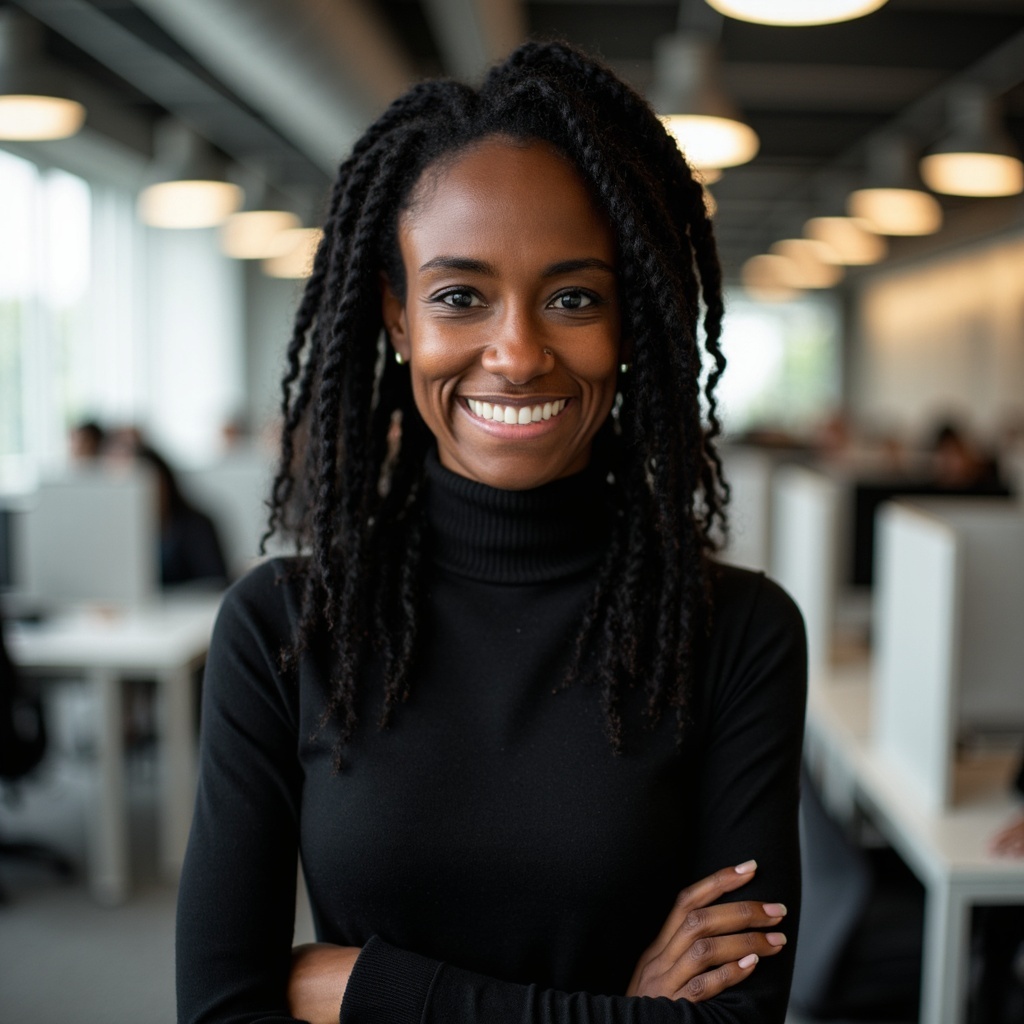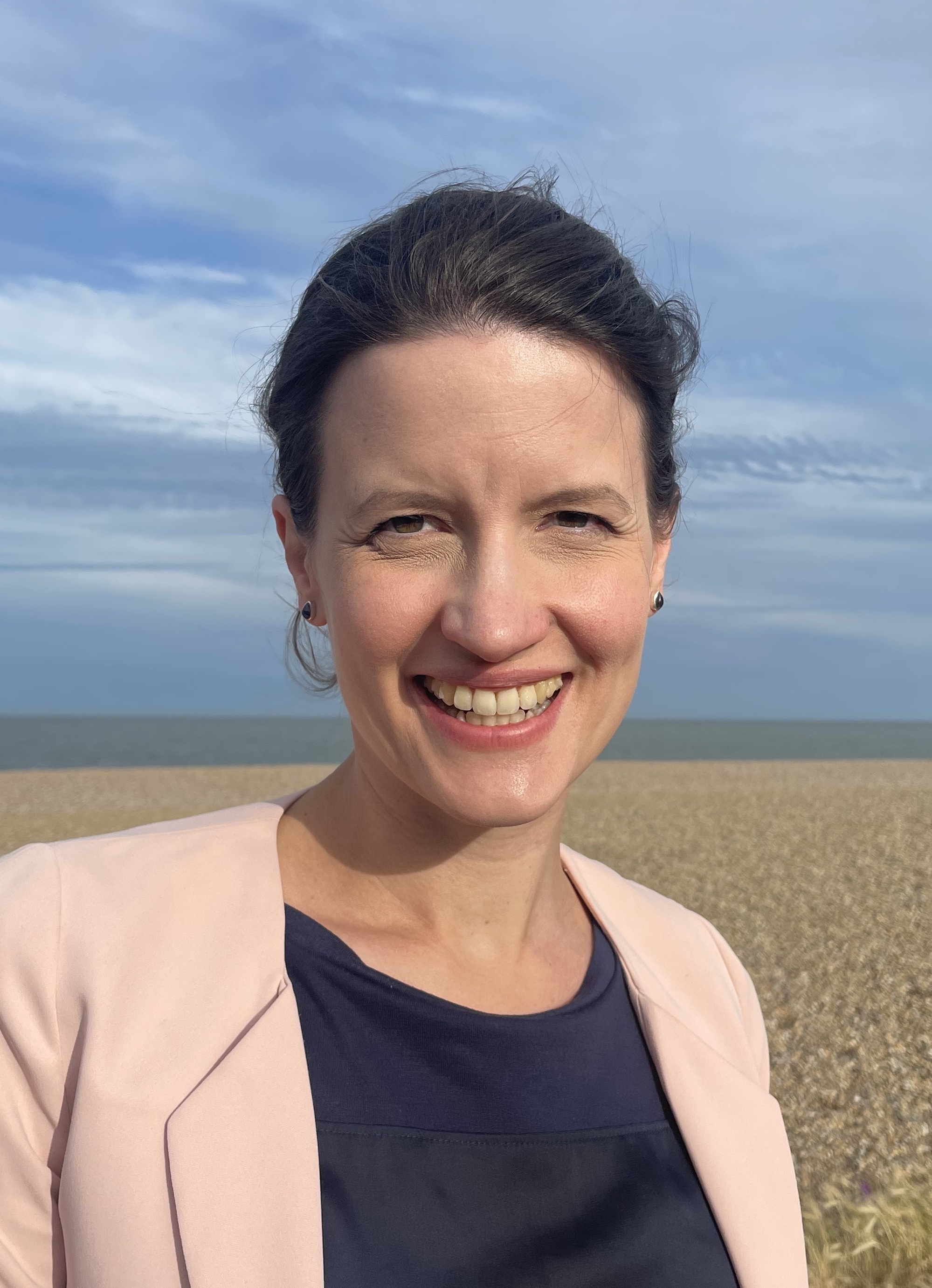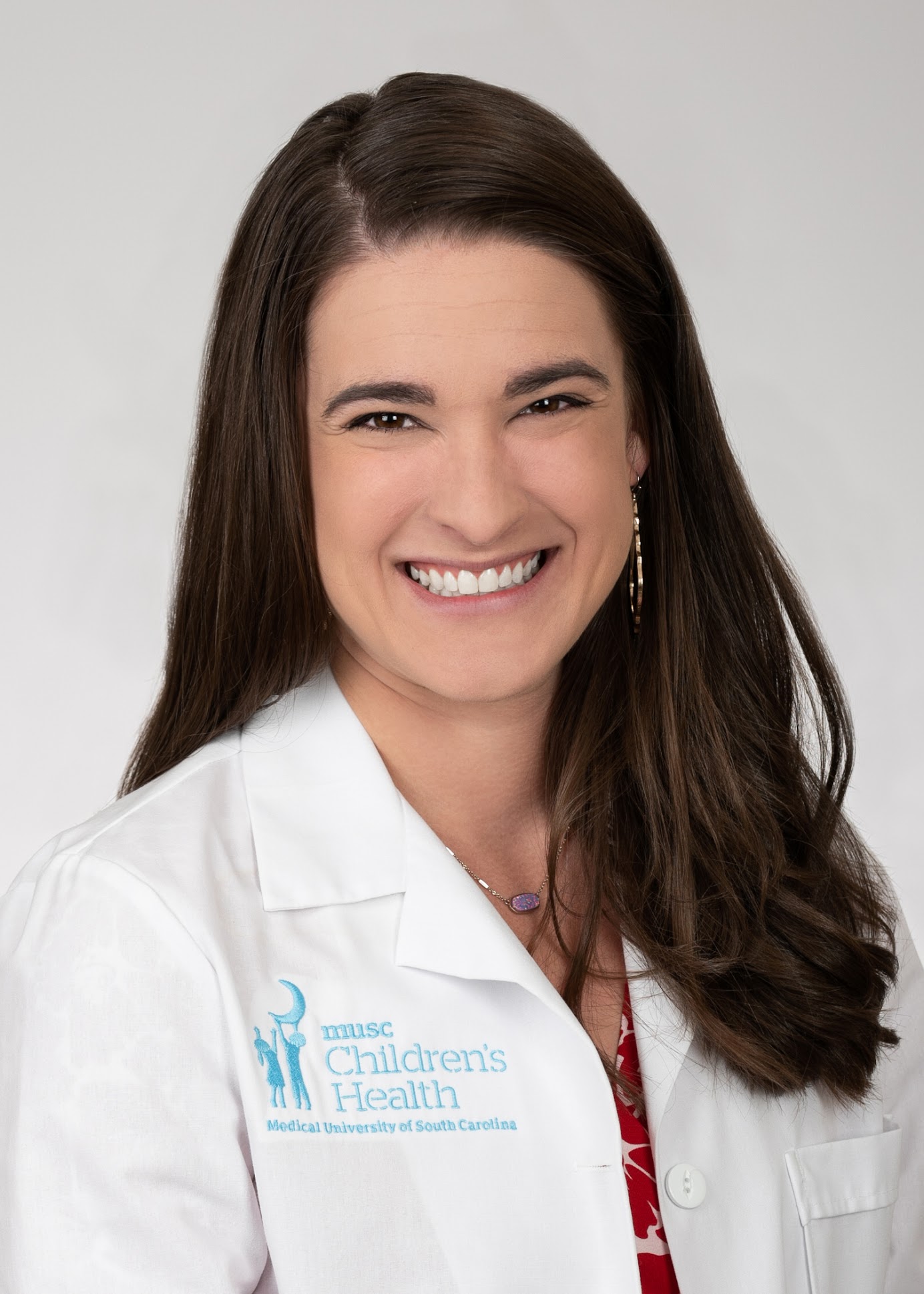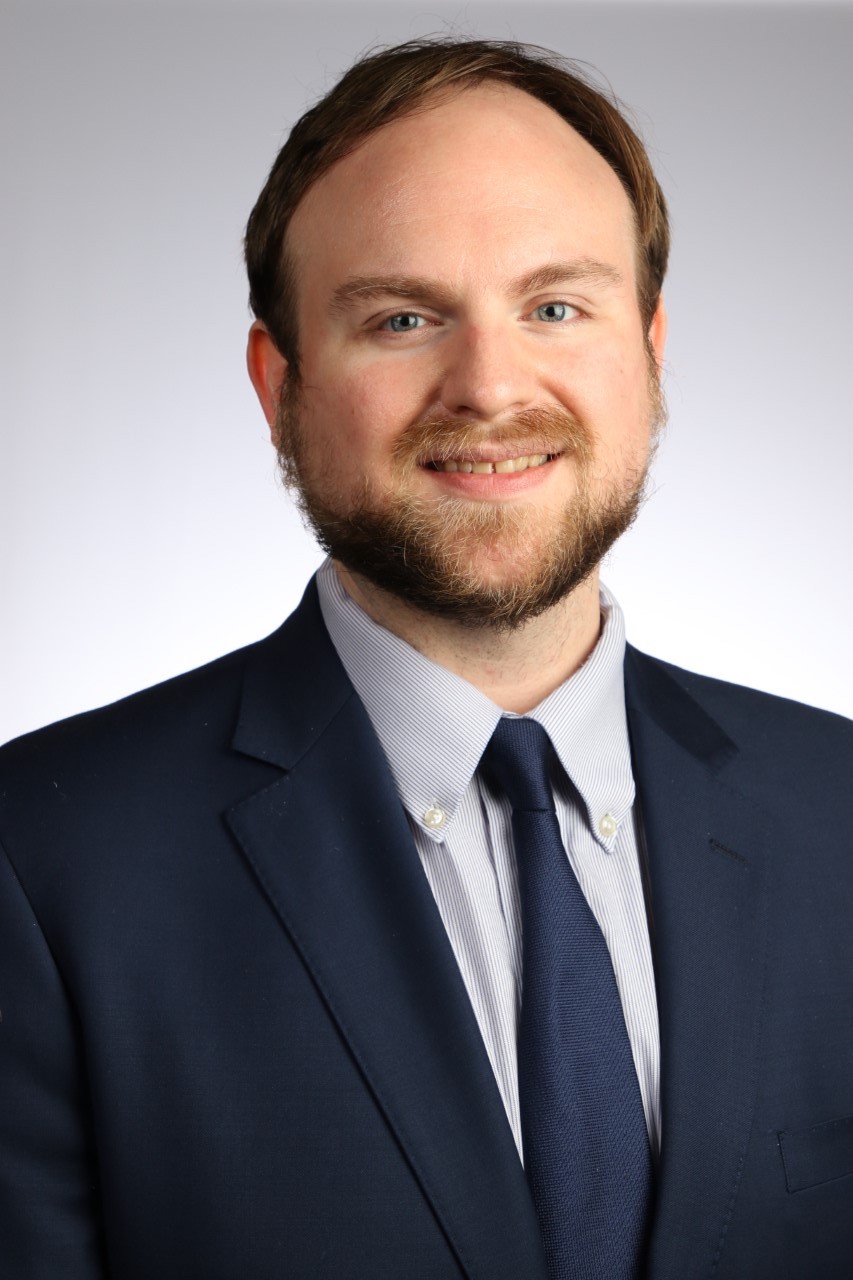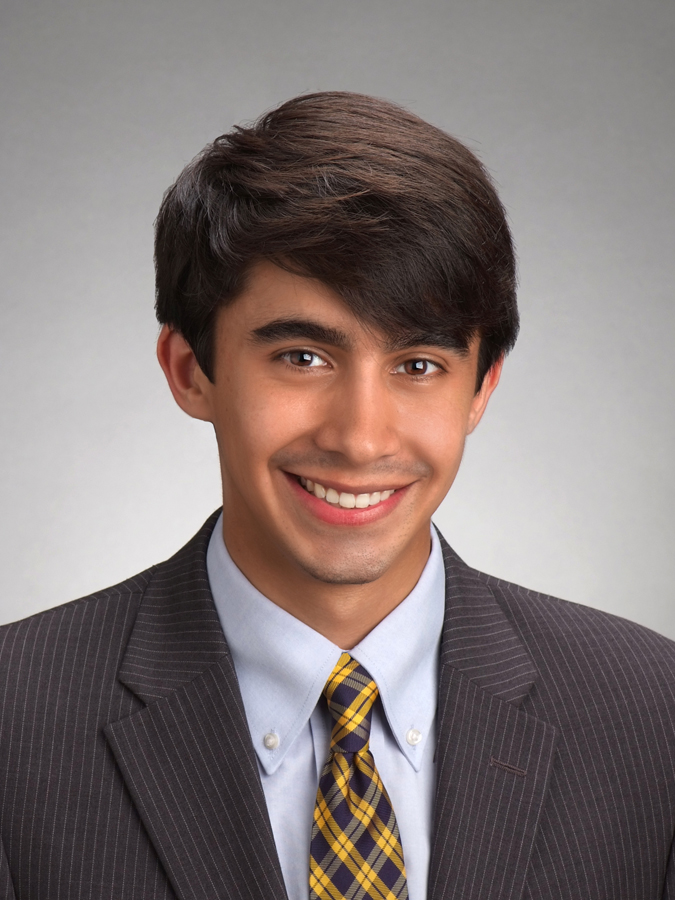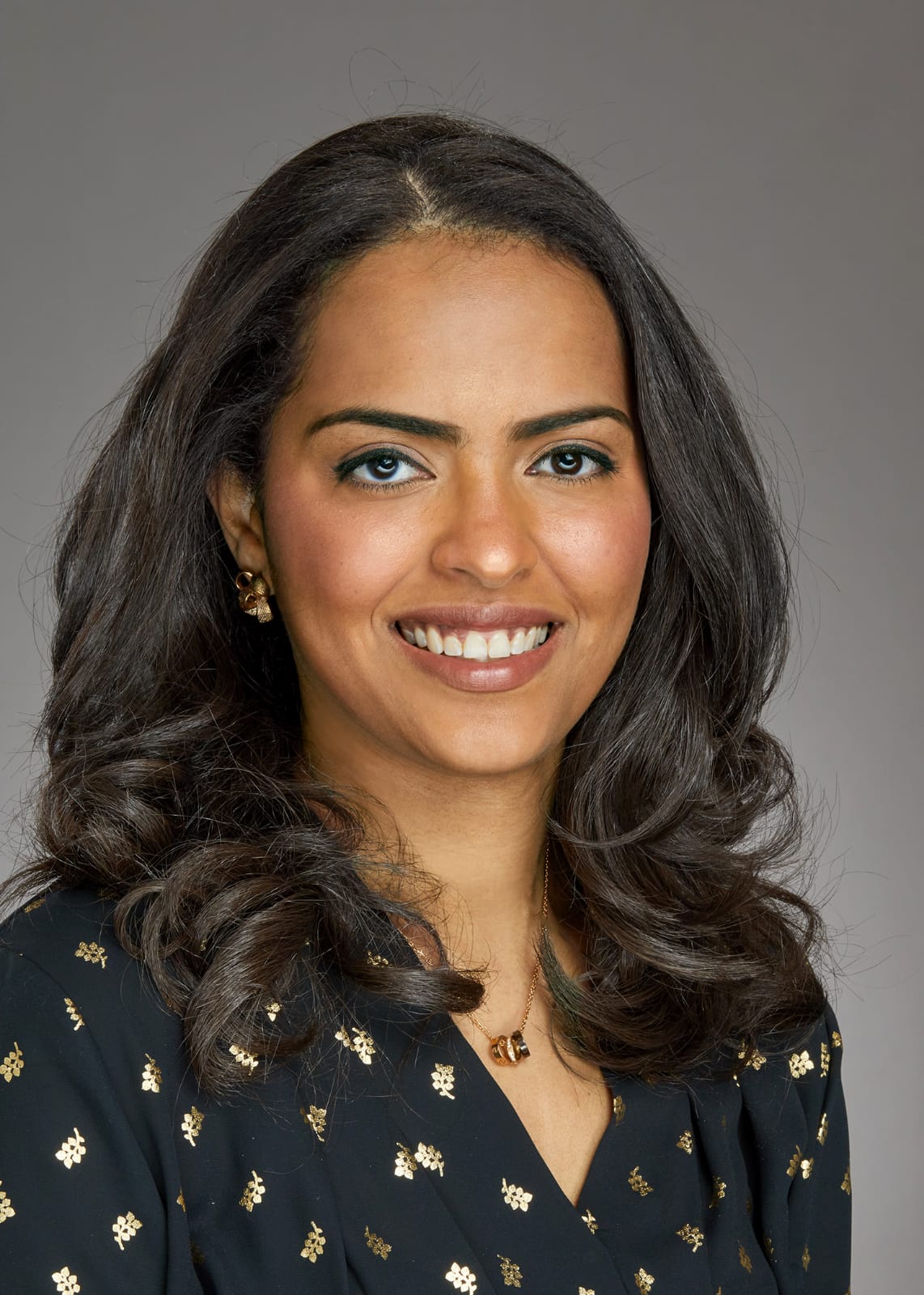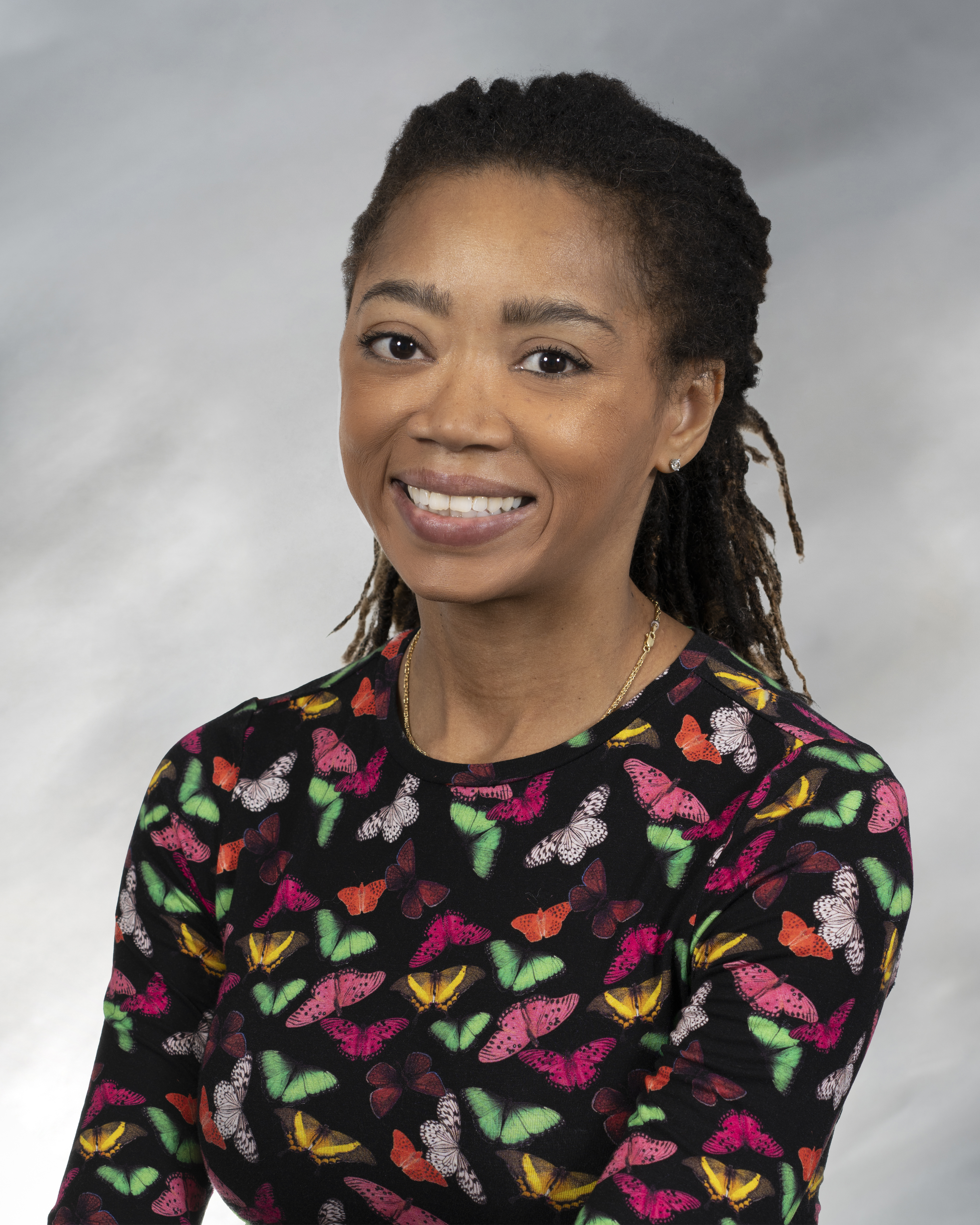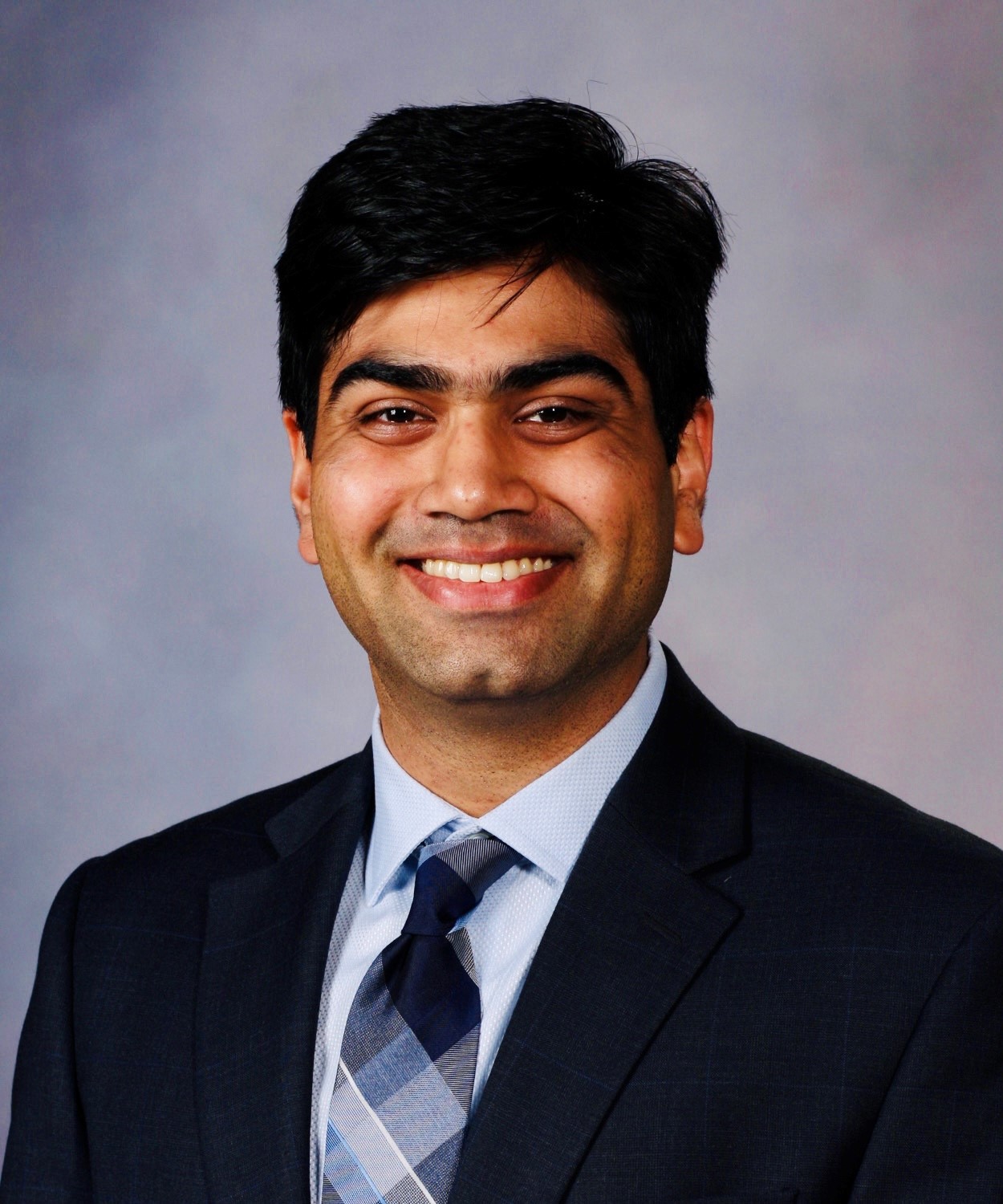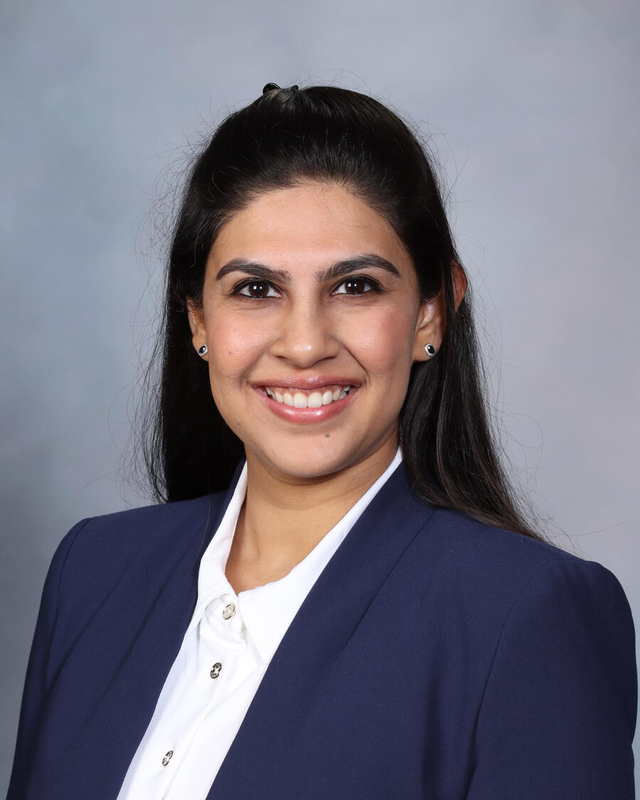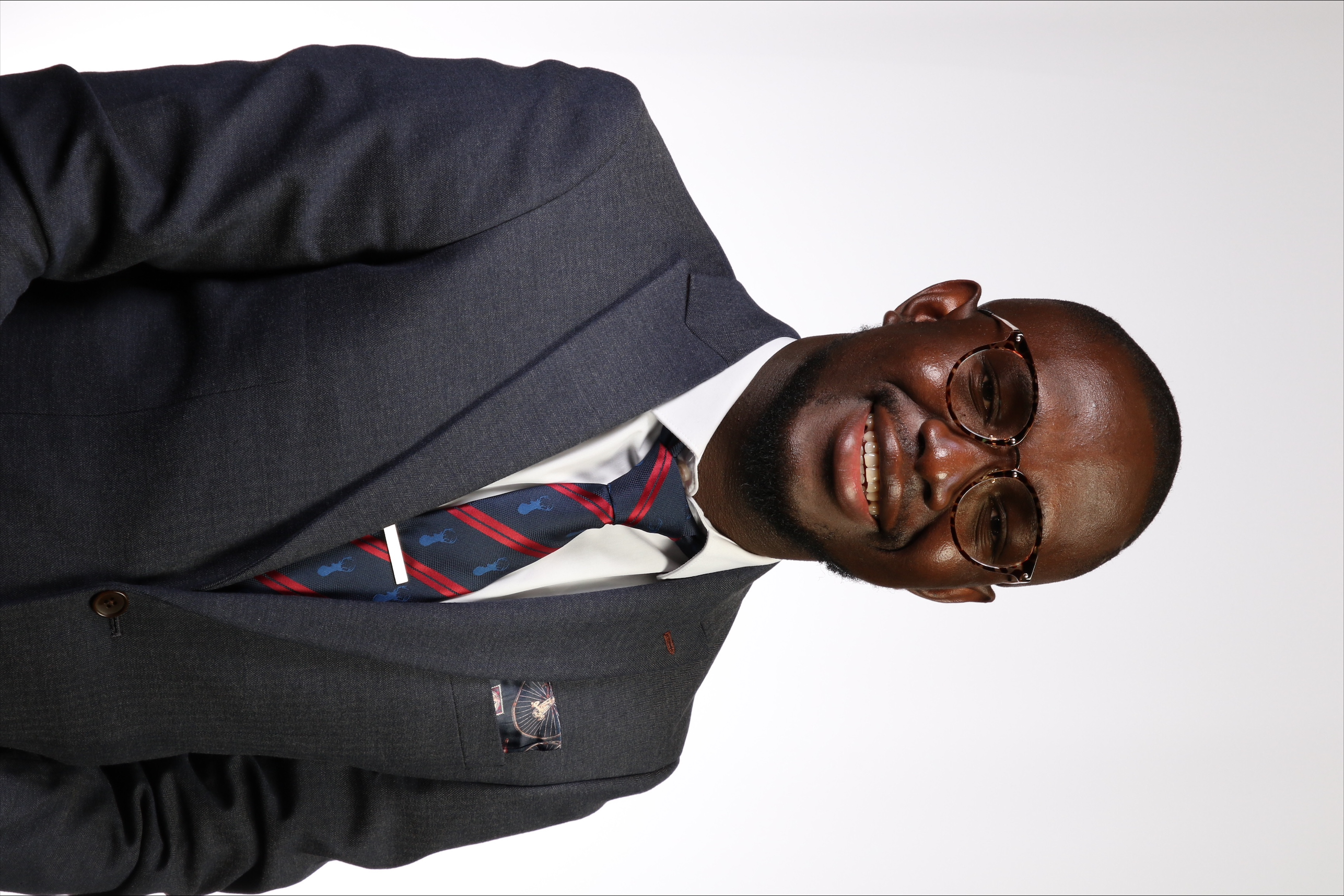Editor-in-Chief
Joselle Cook, MBBS, (@JoselleCookMD), is a hematologist/oncologist at the Mayo Clinic in Rochester, Minnesota, where she specializes in dysproteinemia, plasma cell disorders, and precursor conditions. She describes the most rewarding aspect of hematology as being able to tell patients with multiple myeloma that they’ve achieved minimal residual disease negativity following intensive treatment: “It’s gratifying, grounding, and humbling; and it’s truly a team effort, from the hospital staff to the outpatient care teams.” Off the clock, Dr. Cook enjoys “hitting the gym, walking (goal of 13,000 steps per day minimum), and listening to audiobooks (psychological thrillers only, please).”
- If I hadn't become a hematologist, I would be a: tennis player ... or Beyonce. It depends on the day, the mood, and the outfit.

